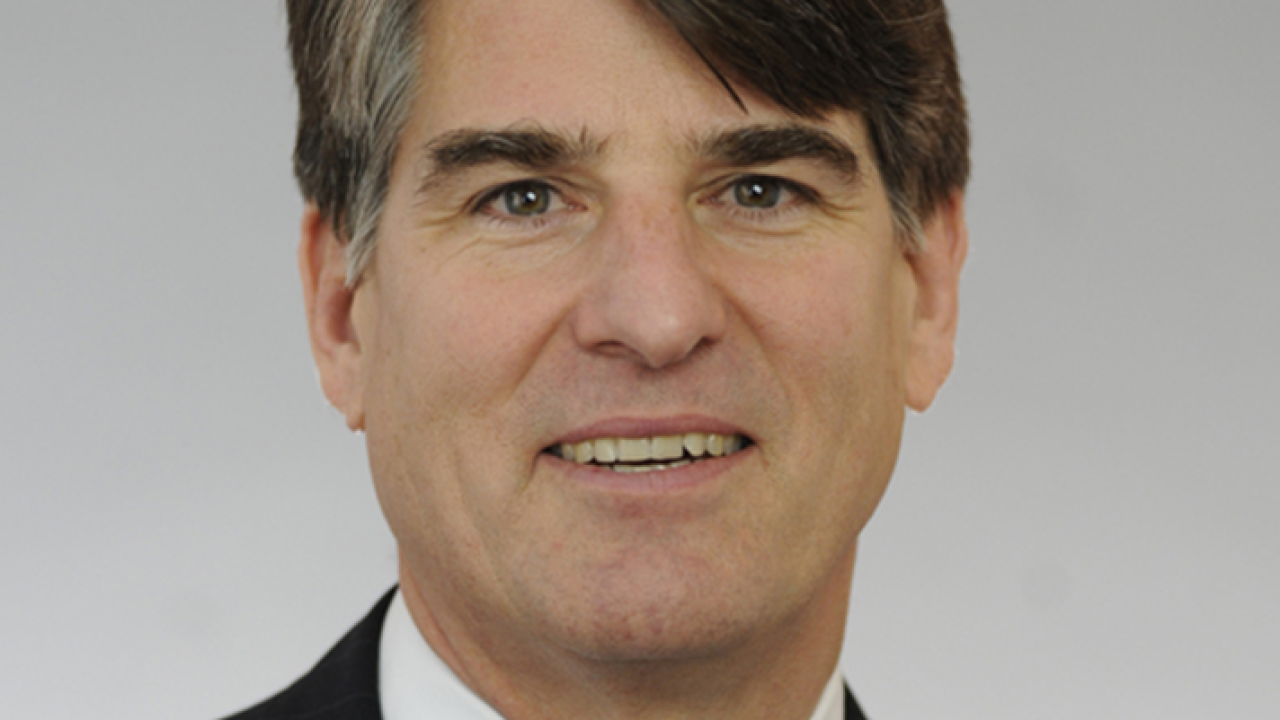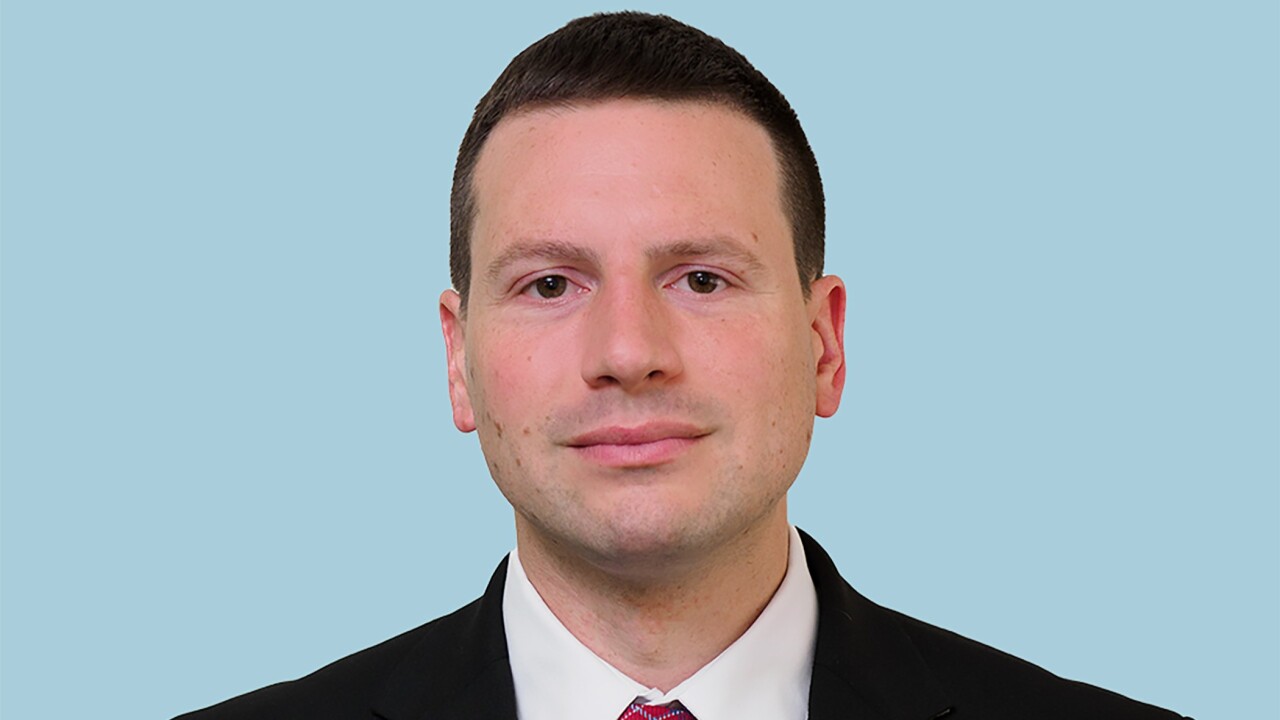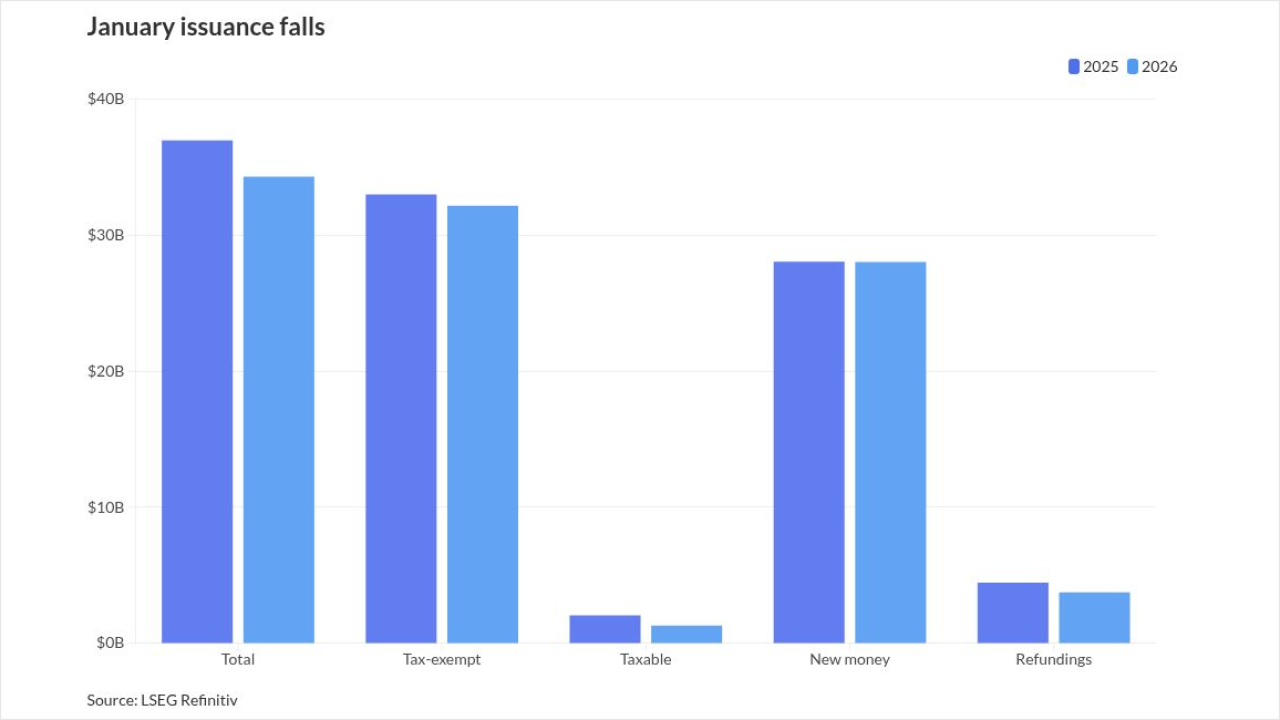A former Puerto Rico bankruptcy attorney has sued a large number of the most prominent Puerto Rico bankruptcy law firms for allegedly engaging in illegal activities, advancing their own financial interests over those of their clients.
Former Paul Hastings attorney Andrew Hennigan filed the 850-page complaint (

Hennigan sued over 160 parties including consultant to the Puerto Rico Oversight Board, McKinsey & Co., board law firm Proskauer Rose, Puerto Rico Fiscal Agency and Financial Advisory Authority law firm O’Melveny & Myers, Unsecured Creditors Committee law firm Paul Hastings, law firm to the Ad Hoc Group of COFINA Seniors Quinn Emanuel, and law firm to OppenheimerFunds and Franklin Mutual Kramer Levin. He also sued Greenberg Traurig, Jones Day, Norton Rose Fulbright, Rothschild & Co., Ernst & Young, KPMG, Citigroup, Bank of America Merrill Lynch, Deutsche Bank, Barclays, Goldman Sachs, BlackRock, and Proskauer Rose and board attorney Martin Bienenstock.
Hennigan filed the case under the Racketeer Influenced and Corrupt Organizations Act. He alleged that the defendants conducted a criminal operation as an in-fact “hub and spoke” enterprise. In a hub and spoke enterprise a central firm at the hub is the mastermind and various other entities or people collaborate with it in advancing illegal operations.
According to Hennigan, from 2001 to the present, McKinsey has been the hub enterprise. Paul Hastings Partner Luc Despins and McKinsey & Co. didn’t immediately respond to requests for comment for this story. Despins leads Paul Hastings work for the Unsecured Creditors Committee in the Puerto Rico bankruptcy.
“Co-conspirator law firms entered into an unlawful agreement to fix legal outcomes in Puerto Rico’s bankruptcy, and committed acts in the performance of said unlawful agreement, in order to enrich members of the Hub-and-Spoke Enterprise,” Hennigan said.
He continued, “The unlawful scheme to fix legal outcomes has three main facets: (1) The sharing of work product, i.e., inside information, among the law firm conspirators even when each represent separate clients with adverse interests to one another; (2) Knowingly and intentionally weakening legal arguments that favor their respective clients in order to give an exaggerated impression of ‘litigation risk’; and (3) the settlement of claims before the legal merits of the dispute can be adjudicated in public court.”
Hennigan’s suit extends to alleged illegal practices of others besides Puerto Rico bankruptcy firms. According to him, between 2014 and the present, defendants intentionally made false and materially misleading statements to the United States executive and judicial branch officials. McKinsey filed “false and materially misleading affidavits and declarations under oath in the Title III and Title VI” Puerto Rico bankruptcies.
The participants in the conspiracy “entered into an unlawful agreement to not seriously challenge, if at all, the false representations made by other co-conspirators,” Hennigan said.
Hennigan said that Paul Hastings terminated him because he operated in a moral and ethical fashion and that the illegal “hub-and-spoke enterprise” retaliated against him because he threatened it.
Hennigan said there have been six interlocking conspiracies since 2001. First, to commit fraud on the judicial branch through filing false declarations, deliberate misrepresentations of law, and omissions of controlling authority. Second, to defraud the United States government through misappropriating federal funds allocated for drinking water programs for Puerto Ricans. Third, to commit bank fraud through misappropriation of deposit accounts held by the Government Development Bank for Puerto Rico.
Fourth, to price-fix restructuring professional fees in restraint of trade. Fifth, to commit securities fraud on innocent bondholders through a Ponzi scheme using Puerto Rico bonds. Sixth and finally, to engage in a cover-up by disseminating disinformation and injuring witnesses capable of exposing conspiracies one through five.





